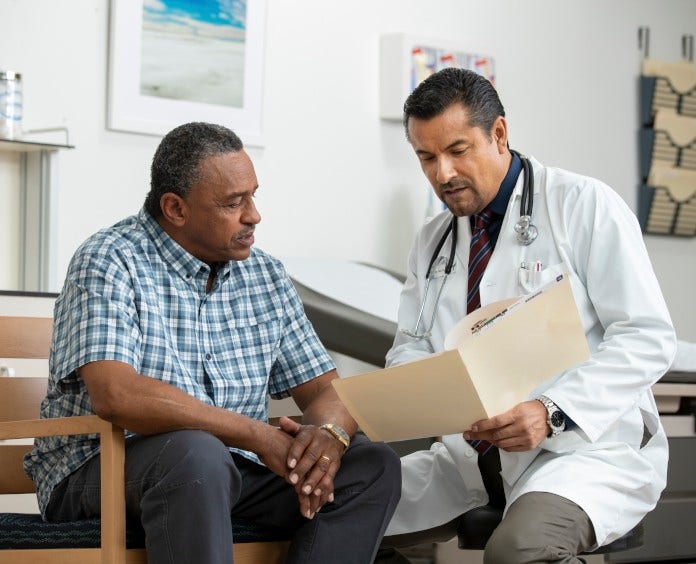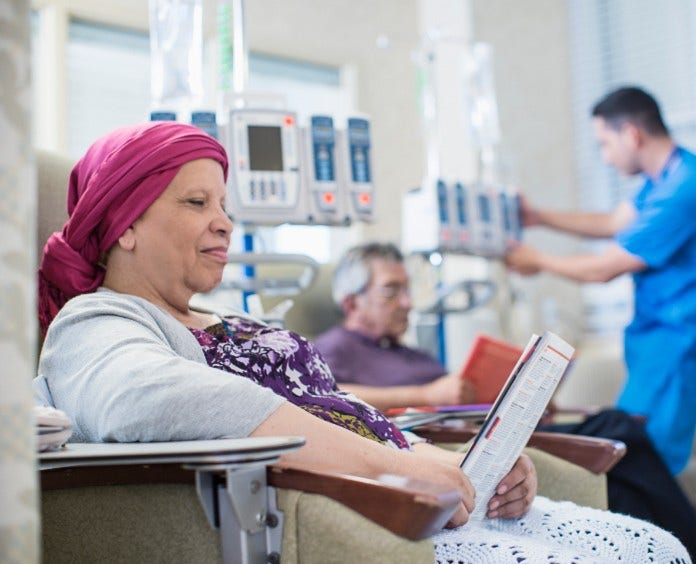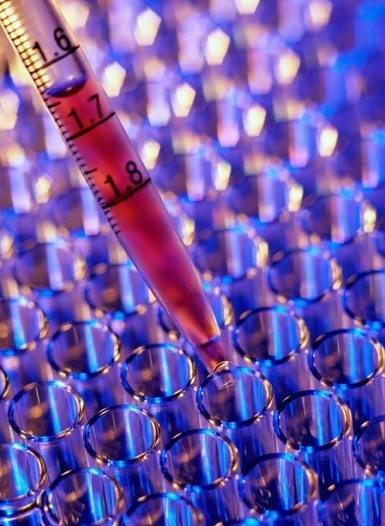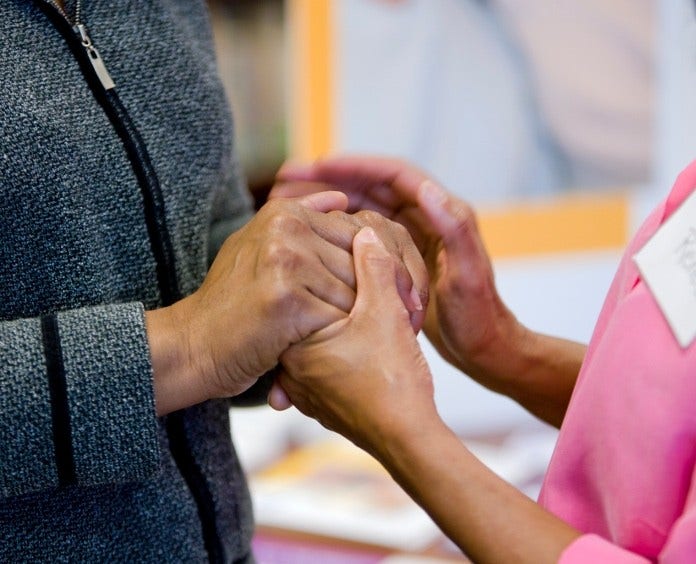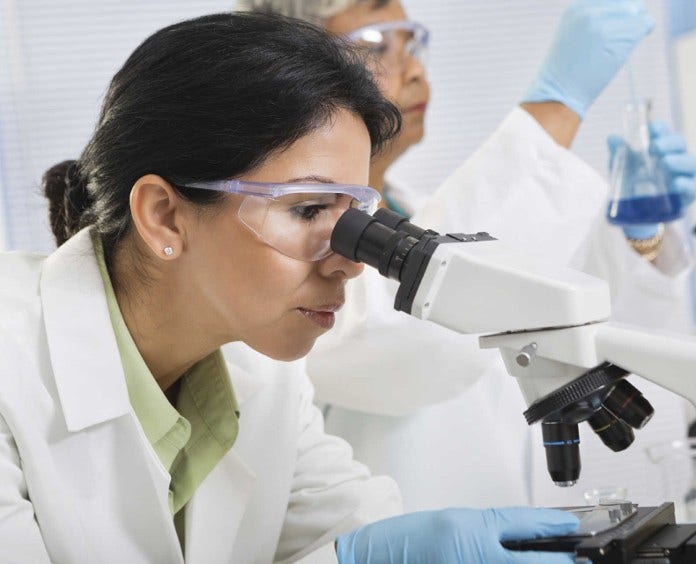Your gift is 100% tax deductible.
Kidney Cancer
Kidney cancer is also called renal cancer. It is one of the ten most common cancers in adults. Wilms tumor (or nephroblastoma) is a type of kidney cancer in children. The information here is only about kidney cancer in adults.
This information is possible thanks to people like you.
We depend on donations to keep our cancer information available for the people who need it most.

